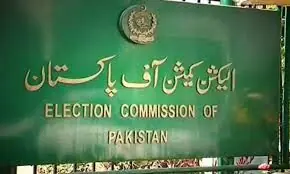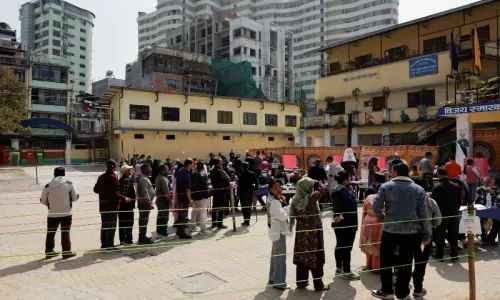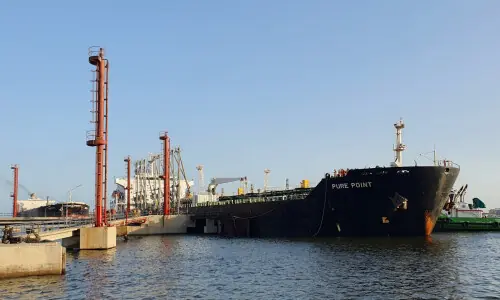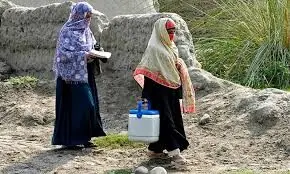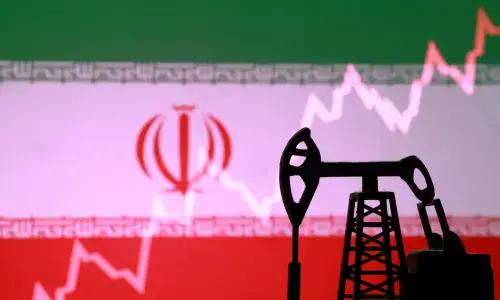BALOCHISTAN seems to have faded from the national narrative; only when it is the theatre of a terrorist attack does it surface, that too very briefly. The HRCP’s report from its fact-finding mission to the province — aptly titled Balochistan: Neglected Still — lays bare the deepening alienation among its people and their disillusionment with the state. At the top of the list of grievances is the continuing practice of enforced abductions, which has reportedly expanded to include women victims from Awaran and Dera Bugti, a development bound to intensify the sense of humiliation and helplessness among the local population. The observations in the document, gleaned from interviews on the ground with representatives of political parties as well as civil society activists, including lawyers, members of labour unions and academia, etc, paint a picture of extreme repression and despondency. The right to security of person and rights to due process, freedom of speech, information, etc — all have evidently been sacrificed in the fight against separatist elements.
The fruits of the 18th Amendment have bypassed Balochistan; neither do the results of last year’s election have legitimacy in the eyes of a vast swathe of its population. There will certainly be those who will argue that the state’s security-centric policies are precisely what have cooled the ongoing insurgency, thereby clearing a major obstacle to CPEC-related projects in the province. Evidence of meddling by foreign intelligence agencies has been proven beyond doubt; at the same time, one must also concede that such sinister endeavours can only take root in existing local grievances that have found no redress. CPEC is touted ad nauseam as being a ‘game changer’ for locals. However, the real game changer would be for the Baloch to be able to exercise their right to self-governance within the constitutional framework and exert independent control over their vast natural resources. This would be the surest way to erode any lingering support for the insurgency and deny the separatists a convenient narrative with which to attract disaffected Baloch youth. As though these problems were not grave enough, the latest HRCP report also highlights the growing resentment among the province’s Pakhtun population at what they perceive to be the state’s strong-arm tactics against PTM activists in Balochistan. This is a new element in this cauldron of competing agendas and conflicting interests. The state must dispassionately review its policies and craft a new people-centric approach that brings the nation together.
Published in Dawn, October 4th, 2019











